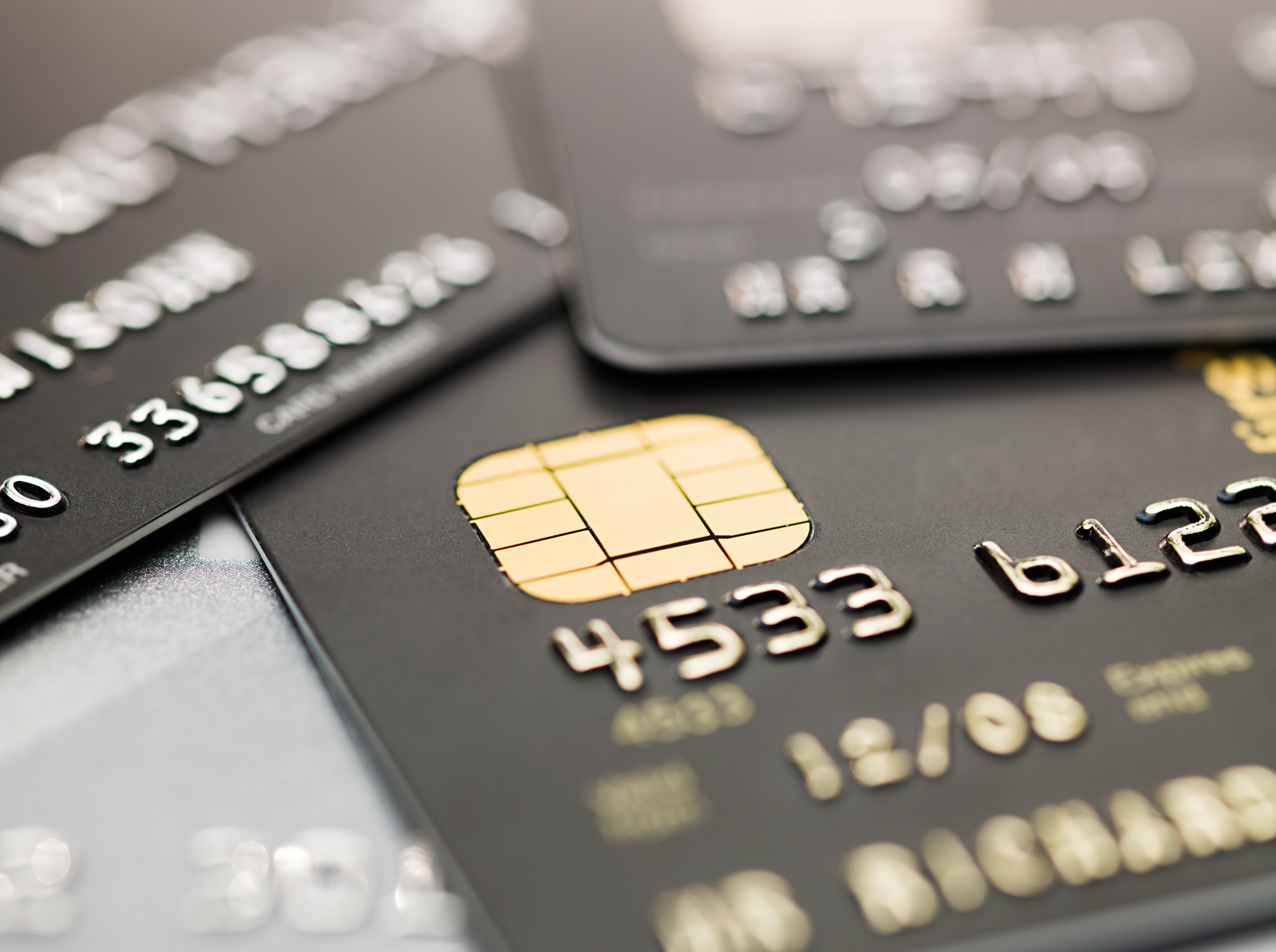Hackers stole 1.2 billion usernames and passwords in what was the most enormous cyber crime in history. NBC 7’s Dave Summers reports on Aug. 6, 2014, on ways to protect yourself.
A group of Russian hackers has reportedly stolen 1.2 billion user names and passwords in what’s being described as the largest cyber-crime in history and this could mean your online information is in jeopardy.
The hacking heist, which spans 420,000 websites and also includes 500 million email addresses, was uncovered Tuesday by Hold Security, a Wisconsin-based information security company.
The company found the Russian hackers pushed spying programs onto personal computers worldwide and got sent people’s passwords when users logged onto websites.
Although experts recommend you should change passwords frequently, that tactic may not always work in this digital age of savvy hackers.
“So even if you have a very complicated password, they're going to run through a billion variations and eventually they'll trip upon it,” explained Larry Clinton, president of Internet Security Alliance. “You need to combat this with an equally automated system.”
Clinton said this could mean signing on with a company like LastPass, KeePass or Dashlane, which generate and store complex passwords.
In the future, you may need more than just a password, like a retinal scan or thumbprint.
Local
Meanwhile, the Identity Theft Resource Center of San Diego says online users should watch out for enticing social media posts and emails, even if they appear to be from your friends.
One click could open the gate to your more sensitive personal information, like social security numbers and banking details.
Also, experts suggest you change your passwords every three months using a combination of both lower and uppercase letters and numbers – and make passwords longer than eight characters.
Additionally, delete credit card information store with retail and bill pay websites. Download anti-virus updates when available on both your computer and smartphone.
“If you are buying something online or paying a bill online you are going to want to make sure you do not save the log-in credential information or any financial information,” said Nikki Junker, spokesperson for the Identity Theft Resource Center.
“In addition, you are going to want to make sure you go through your internet browser on a normal basis and delete all temporary internet files,” she added.
Junker said app users must strike a balance between convenience and security.
While it may be handy to order up dinner online and have it delivered with one click of a button, storing credit card information in your phone is dangerous.



